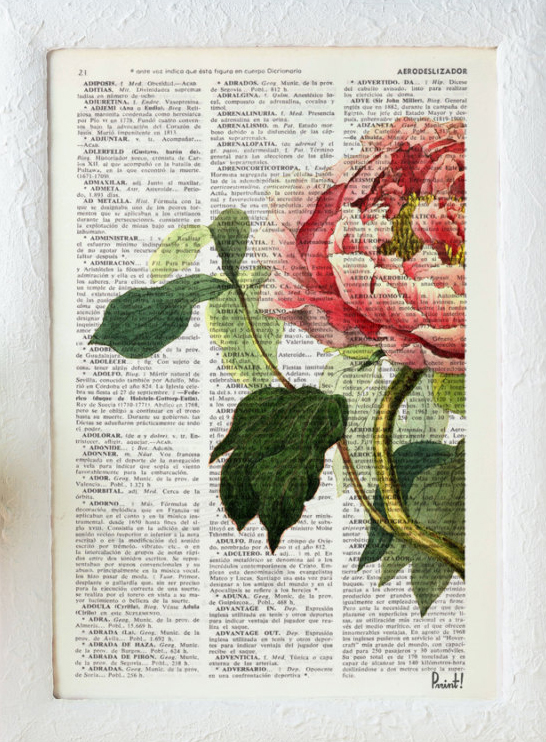There is a general feeling among professors that students do not write their academic papers well enough. Students often miss why they are writing a paper in the first place. To explain, it does pay to understand who your real readers are and as an author, what capacity you are writing in. Sometime or other, you may have sought academic paper help but truth be told, you can master the writing process yourself by just being a keen student of the art.

Writing a Research Paper Hypothesis
Most of the time, the difficult part of writing an excellent research paper is penning down a hypothesis. Typically, the whole experiment or research is all about the research hypothesis and null hypothesis, therefore failing to come up with a clear and concise hypothesis can spell doom to the entire study or experiment. To most students, writing a hypothesis can be a challenging and intimidating part of a scientific endeavor. However, it is not as hard as it looks. Those who have seen the guidelines for the scientific process and found a potential topic to research together with a research problem have ideas on writing a research paper hypothesis. Writing a research hypothesis boils down to asking the correct questions and having the right words for the hypothesis statement. The moment you have a researchable hypothesis, the entire research process will be easy.
Three steps of writing a hypothesis
It is challenging and difficult to isolate a verifiable hypothesis after all the study and research. A good strategy is to follow the three-step hypothesis since it helps narrow ideas down and a foolproof way of writing the testable hypothesis. The first step is for the student to think of the hypothesis in general and include all the things you have reviewed and observed at the information collection step of your research.
Sample hypothesis writing
A fish farmer notices that trout in his farm tend to have many fish lice during the summer season when water levels are deficient. The farmer is curious to know the reason for these phenomena. On further interrogation, the farmer notes that the quantity of oxygen could be the reason. He notes that the fish that gets low oxygen levels is prone to parasites and other diseases.
The farmer then proposes the following general hypothesis. “The level of determines the number of lice that attack rainbow trout.”
This general hypothesis is reasonable, but it does not provide steps for designing an experiment or research. Therefore, the hypothesis needs some refinement to give some direction on how to conduct research or experiment.
“Rainbow trout breed is more prone to lice with low water levels.”
With this refinement, the hypothesis has some direction. However, the hypothesis is not testable, so there is a need to design an experiment for the research and make it a testable hypothesis.
“Rainbow trout breed is more prone to lice with low water levels since the water is low in oxygen concentration.”
With this further refinement, the hypothesis is now testable since it has measurable variables. Suppose the farmer measures the quantity of oxygen in the water and eliminates other variables like temperature. In that case, they can see the correlation with the number of lice in rainbow trout fish. This example demonstrates how a gradual focus on research can help outline the writing of a hypothesis.
What next after writing a testable hypothesis
Once you have designed a testable hypothesis, the next step is to design an experiment to test hypothesis variables using statistical analysis tools on the collected data. Statistical analysis tools enable the farmer to either reject the null hypothesis or consider an alternative hypothesis. If the statistical tools reject the alternative hypothesis, the farmer must refine the first hypothesis or even develop a new research experiment. This process aims at improving the accuracy and the development of a refined hypothesis.
Newsletter
Just stay tune for our latest updates. Now you can subscribe